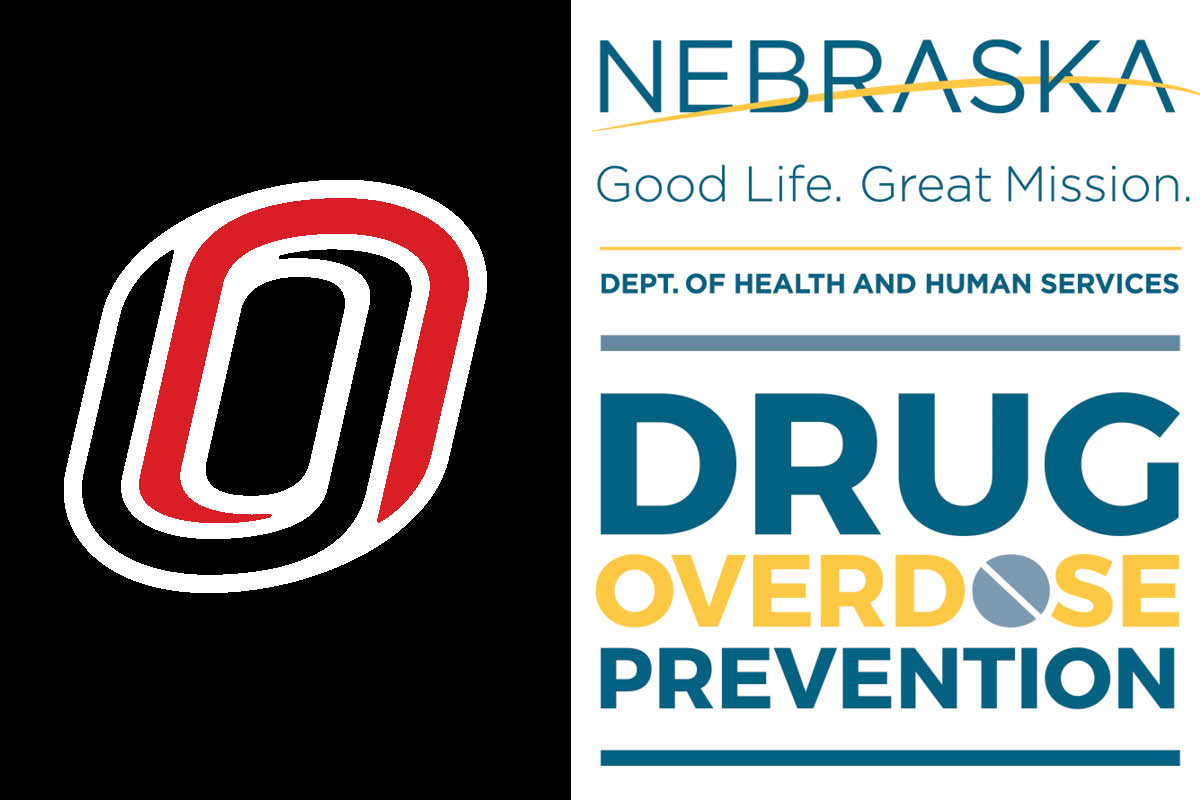UNO STEPs and Nebraska DHHS Investigate Impacts of COVID-19 Pandemic on Substance Use and Drug Overdoses in Nebraska
UNO's Support and Training for the Evaluation of Programs (STEPs) partnered with the Nebraska Department of Health and Human Services (NE DHHS) Drug Overdose Prevention (DOP) program to study the impact of COVID-19 on substance use disorder treatment and drug overdose prevention.
- published: 2022/02/08
- contact: Joseph Forrest - Support and Training for the Evaluation of Programs (STEPs)
- email: jkforrest@unomaha.edu
- search keywords:
- UNO
- CPACS
- STEPs
- NE DHHS
- College of Public Affairs and Community Service
- Community Partnership

Impact of COVID-19 on Substance Use
Substance use disorder counselors (including licensed alcohol and drug counselors and licensed clinical social workers) reported an increase in substance misuse and number of relapses among clients. Substance use in social isolation was more common during the pandemic, which may increase the risk of a fatal overdose.
Some counselors noted a rise in suicide attempts and overdoses. Counselors’ concern about particular substances varied by region. Counselors in the Omaha Metro and western Nebraska voiced more concern about alcohol misuse, while those in Lincoln and the rural east were most concerned with methamphetamine and fentanyl misuse.
Impact of COVID-19 on Treatment Provision
Counselors in urban areas were more likely to report the benefits of telehealth, while surprisingly counselors in rural areas were more likely to report the barriers associated with telehealth. Counselors intend to return to offering in-person services after the pandemic has ended, but viewed telehealth as a viable ongoing option.
During the height of the pandemic, both capacity restrictions and loss of employment (resulting in loss of insurance or means of payment) caused significant disruption in substance use disorder treatment. Clients and counselors experienced significant stress and anxiety related to the COVID-19 pandemic, and the pandemic has exacerbated the need for additional basic resources for clients, including safe and sober housing.
Based on the expertise and data gathered by professional social workers and the NE DHHS, the following recommendations should be considered as next steps:
- Continue to evaluate the needs surrounding telehealth delivery for both counselors and their clients.
- Provide counselors with training and support regarding all aspects of telehealth, including treatment modalities, legal and ethical concerns, and technology skills.
- Further investigate fentanyl use, as this was noted as an area of high and increasing concern by treatment providers.
- Continue to provide consistent information on COVID policy changes, and the reason for such changes, to combat disinformation.
- Recognize the work of counselors as front-line workers, and plan for providing treatment of secondary traumatic stress resulting from the pandemic.
STEPs wishes to acknowledge the DOP staff, especially Davidson Wissing, for their continued engagement. STEPs would also like to acknowledge and thank the many survey respondents and interview participants who shared how COVID-19 impacted them, their clients, and their provision of substance abuse treatment. STEPs is grateful for their time, candor, and expertise, especially amid the additional stress of the COVID-19 pandemic. STEPs hopes to maintain these valuable partnerships moving forward.
The full report can be accessed through DigitalCommons@UNO using the link below:
2021 Impact of COVID-19 on Drug Use Behaviors